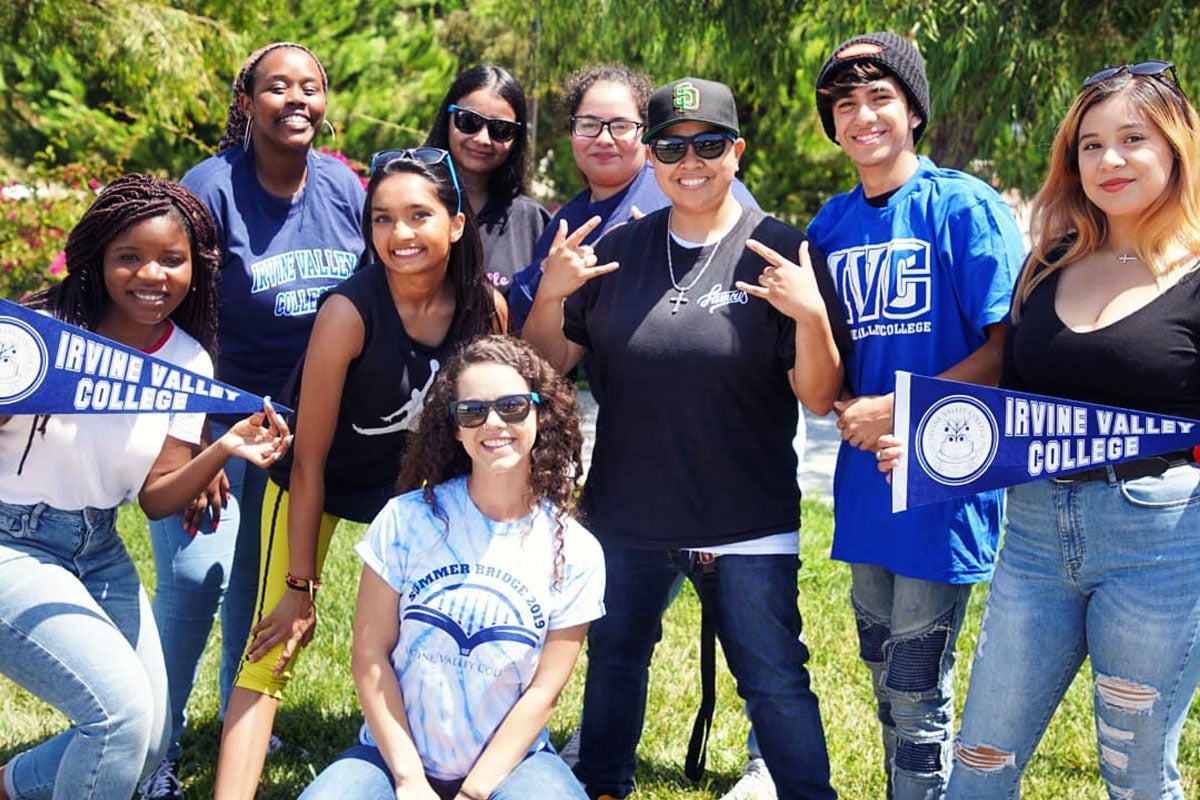Play one or more musical instruments or sing. May perform on stage, for broadcasting, or for sound or video recording.
- Perform before live audiences in concerts, recitals, educational presentations, and other social gatherings.
- Sing a cappella or with musical accompaniment.
- Interpret or modify music, applying knowledge of harmony, melody, rhythm, and voice production to individualize presentations and maintain audience interest.
- Specialize in playing a specific family of instruments or a particular type of music.
- Sing as a soloist or as a member of a vocal group.
- Observe choral leaders or prompters for cues or directions in vocal presentation.
- Memorize musical selections and routines, or sing following printed text, musical notation, or customer instructions.
- Play musical instruments as soloists, or as members or guest artists of musical groups such as orchestras, ensembles, or bands.
- Sight-read musical parts during rehearsals.
- Play from memory or by following scores.
- Practice singing exercises and study with vocal coaches to develop voice and skills and to rehearse for upcoming roles.
- Listen to recordings to master pieces or to maintain and improve skills.
- Teach music for specific instruments.
- Provide the musical background for live shows, such as ballets, operas, musical theatre, and cabarets.
- Audition for orchestras, bands, or other musical groups.
- Seek out and learn new music suitable for live performance or recording.
- Make or participate in recordings in music studios.
- Promote their own or their group's music by participating in media interviews and other activities.
- Make or participate in recordings.





